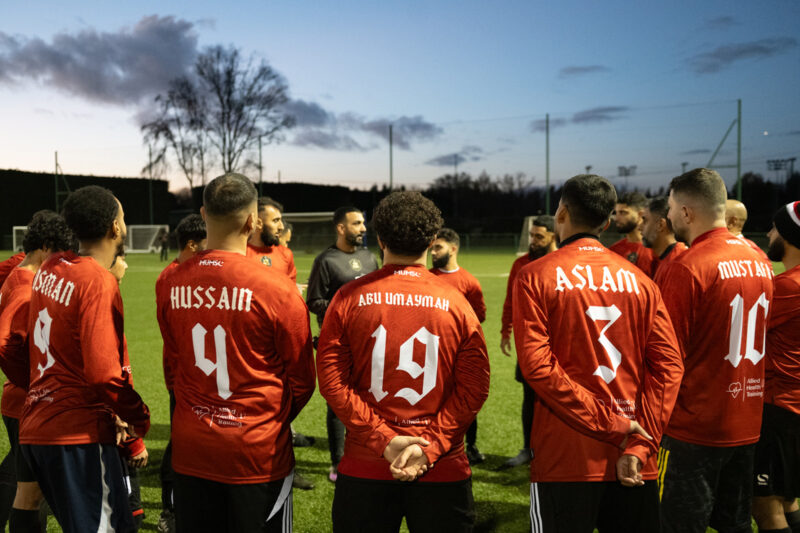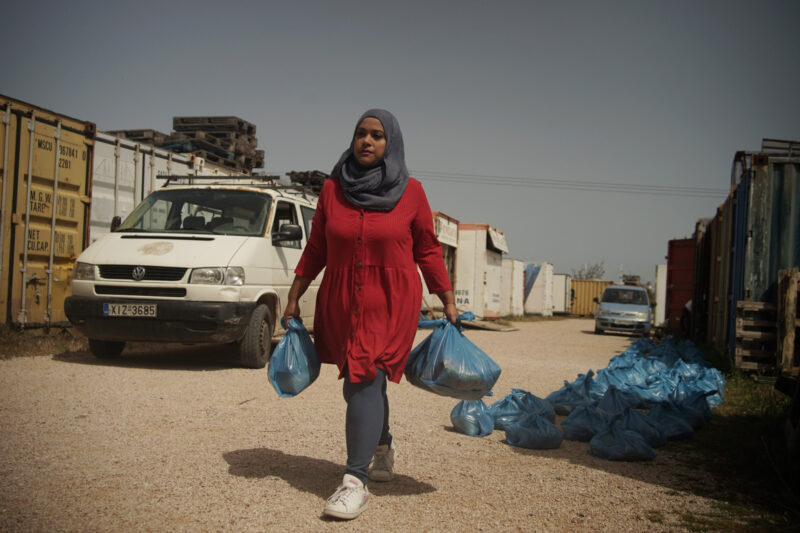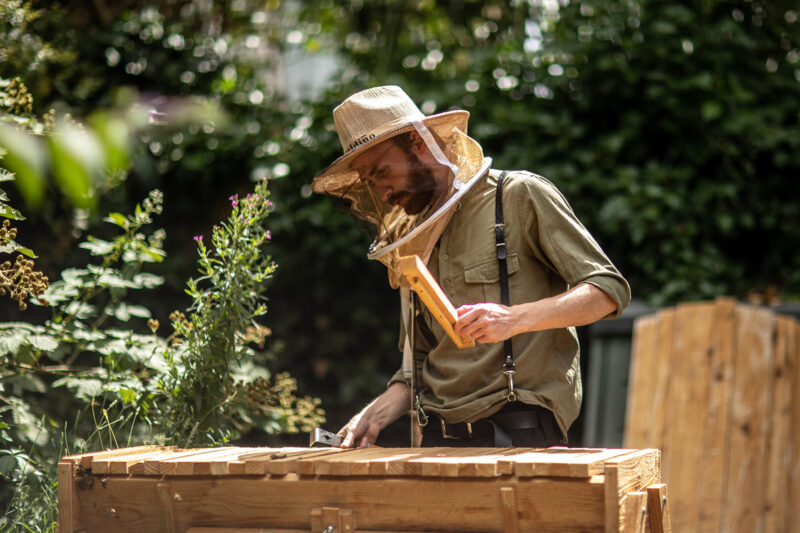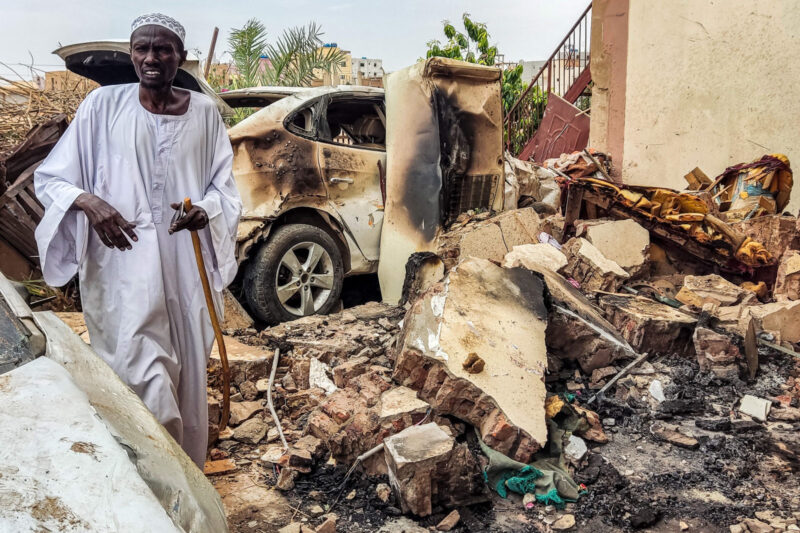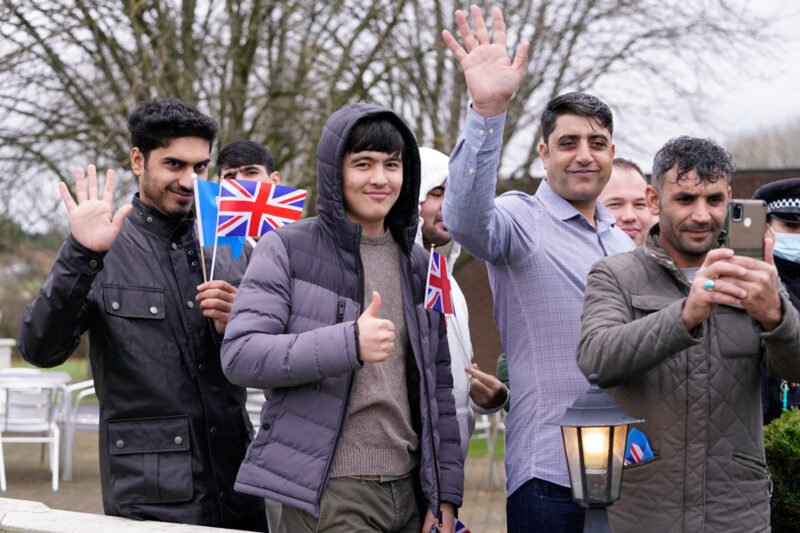The British Sudanese sending micropayments to relatives in Sudan
Those with family in the war-torn country have had to resort to creative measures to get round Sudan’s paralysed banking infrastructure
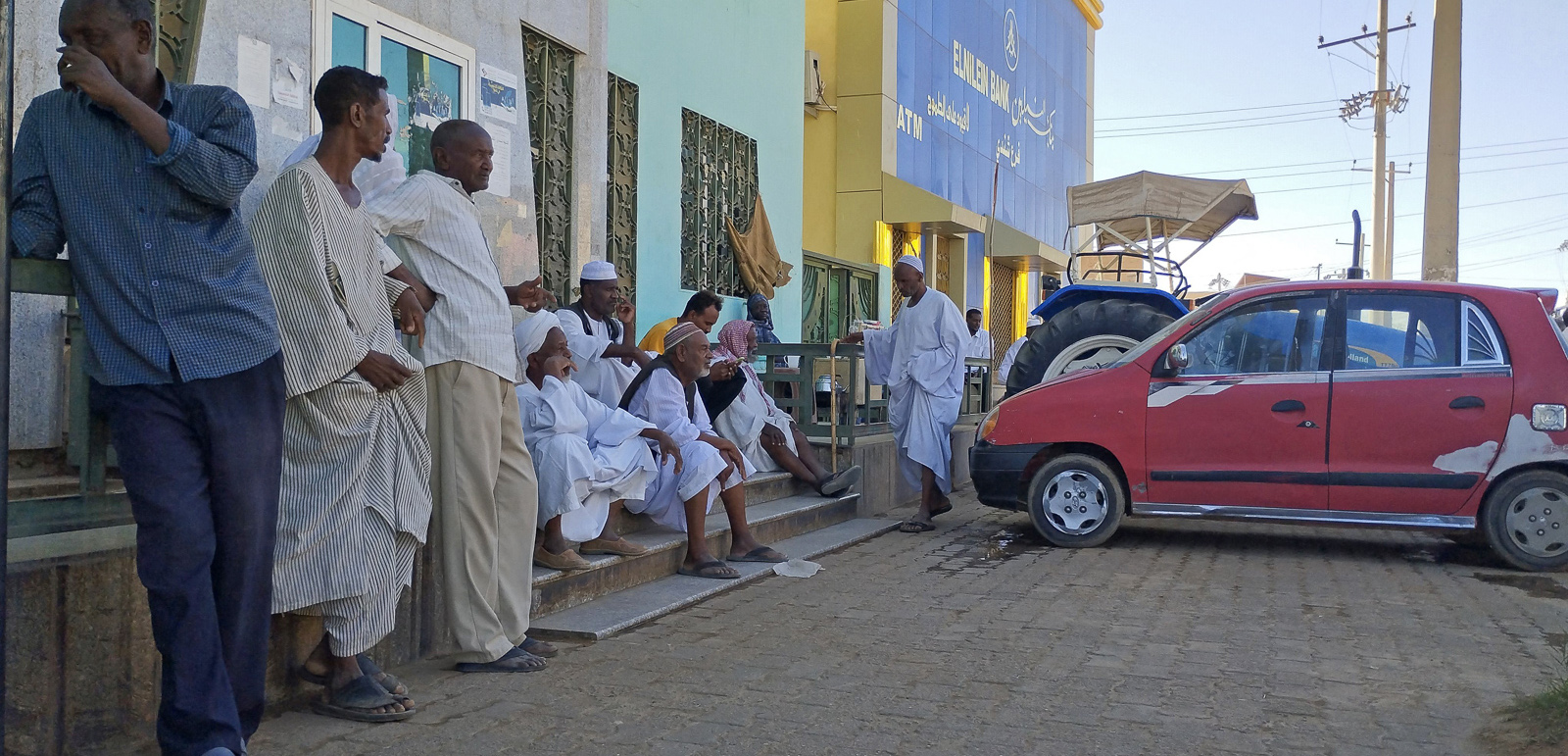
Members of the British Sudanese diaspora have told Hyphen about their frantic struggle to transfer much needed funds to relatives in the war-torn northeast African nation.
Waleed Abdallah, 50, from Plymouth, has two brothers and two sisters living in Shambat, north of the capital Khartoum. Sudan has been engulfed in violence between the country’s army and the paramilitary Rapid Support Forces (RSF), since 15 April.
While Abdallah’s brothers have chosen to stay in the city, alongside their adult sons, the women and younger children have escaped the violence — one of the sisters has fled to Saudi Arabia; another has relocated to Wad Madani, a city southeast of Khartoum.
The UK is home to a small Sudanese diaspora numbering about 40,000. Abdallah, a caseworker at Devon and Cornwall Refugee Support, said the small Sudanese community in Plymouth, is struggling to help their relatives in the country. “We are all worried, concerned, and angry at the same time, because we are helpless, we can’t do anything from here,” he said.
On 20 May, the warring parties agreed to a temporary ceasefire, mediated by the US and Saudi Arabia. It is the seventh ceasefire to be implemented since violence began between the Sudan military, led by Abdel Fattah al-Burhan, and RSF leader Mohamed Hamdan Dagalo, leaving over 850 people dead and over 3,500 injured, according to the NGO Sudan Doctors Syndicate.
Nearly six weeks of fighting has had a crippling effect across Sudan. Badly damaged infrastructure in Khartoum has left civilians struggling with power cuts, water shortages, and limiting food supplies and access to the internet. As a result, Abdallah said it can take up to two days to hear from his family in Sudan via WhatsApp or Facebook Messenger.
British Sudanese hoping to transfer vital funds to relatives have also found the war-torn country’s banking system almost impossible to use. The Bank of Khartoum, which is partly owned by the state, has struggled to provide normal services. Its banking app, Bankak, is currently functioning, albeit with intermittent delays and international monetary transfers affected.
With banking systems in Sudan often disabled, British Sudanese people have had to find new ways of getting money to relatives. “I knew my cousin had cash in his Sudanese bank account and he wanted to get this to his family in Egypt. I sent his family the money from here, and he gave my family in Sudan money,” said Abdallah, adding that he typically transfers around £80-£200 per transaction.
Brick-and-mortar banks in Khartoum have been closed since the outset of the conflict, so those with funds are almost entirely reliant on the online banking system, according to Abdallah. For example, food supplies are purchased by directly transferring the money for the goods to the store owner’s Bankak account.
The conflict has also led to an internal and external refugee crisis. The UN Refugee Agency said on 19 May that more than 843,000 people have been internally displaced in Sudan since the violence began, while almost 250,000 have crossed borders into neighbouring countries, including Egypt, South Sudan, Chad and Ethiopia. According to the Egyptian government, almost 110,000 Sudanese refugees have entered the country since 15 April.
The UK has also helped evacuate British nationals in Sudan. A total of 30 flights have airlifted 2,450 UK citizens since 25 April.
Mohamed Elfatih Elnaiem, 56, from London, has also experienced difficulties transferring money to relatives on the outskirts of Khartoum. Elnaiem, the chairman of the Sudanese Community and Information Centre, said making contact with his family members is a “matter of luck”. “I know someone in London who has a bank account here and also in Sudan. I pay him in sterling here, he then pays my family in Sudanese pounds using his online banking in Sudan.”
As food supplies across the affected areas dwindle, both Elnaiem and Abdallah worry that the money they are sending to relatives will soon be useless. “My family is relying on local farms and small local shops for food, but there is very little food supply. Because of this they only have one meal a day,” Abdallah said.
Some British Sudanese nationals have lost contact with their relatives altogether. Among them is Raga Ahmed, 38, from London, who had travelled to Khartoum in April to spend Eid-al-Fitr with her elderly mother and four brothers.
As violence broke out in the capital, their home was targeted by shelling, forcing the family to escape and seek refuge at a friend’s home in Jabra, an area that is south-west of Khartoum. Within days, however, heavy fighting also broke out in Jabra. “The military and the RSF were walking around the streets, and they were shooting at civilians. As soon as you go outside, they could shoot you,” Ahmed said.
Ahmed and her mother, who are both British nationals, paid a man with a car 100,000 Sudanese pounds — currently the equivalent of £134 — to drive them to a military airbase, where they boarded a flight to the UK on 27 April.
Ahmed lost contact with her brothers within a week of arriving in the UK. “We don’t know where they are. I have tried to contact the lady whose home we stayed in, but her phone is also disconnected. My mother is crying every day, wondering if her children are alive,” said Ahmed.
 Newsletter
Newsletter


